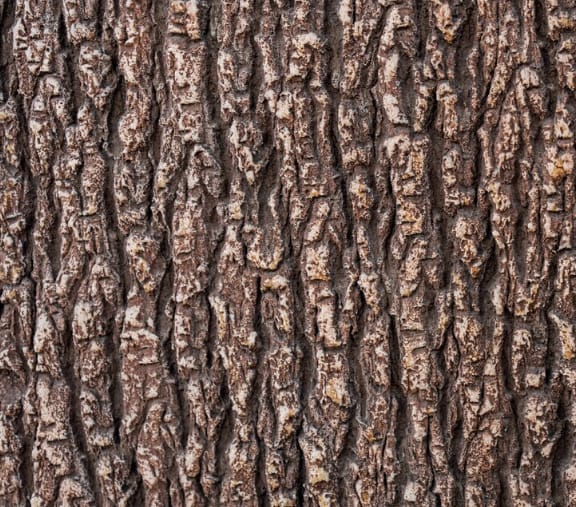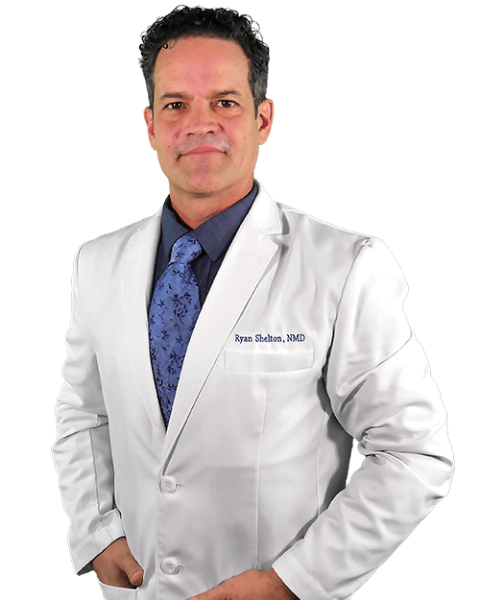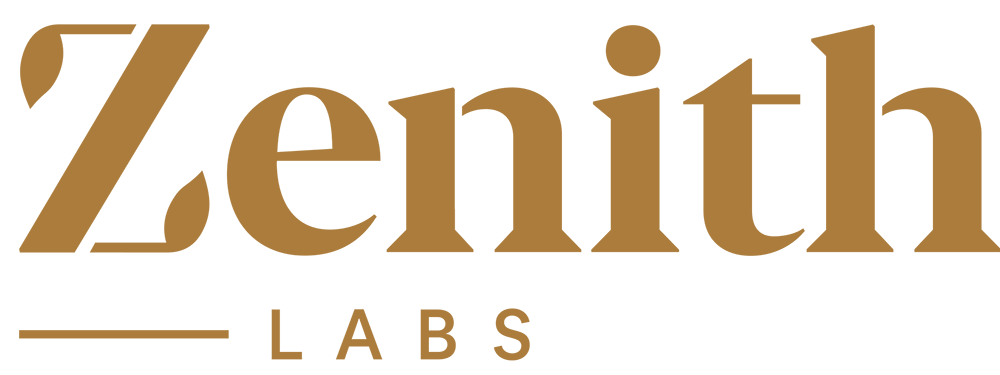For Better Vision, Keep an Eye Out for Foods High in Zeaxanthin, Lutein, Lycopene, and Astaxanthin.
Like everything else with the human body, the eyes eventually degrade with age. If you were lucky enough to experience 20/20 vision in youth, eventually, you too will most likely need some form of corrective treatment whether glasses, contacts, or laser eye surgery.
The good news is that we can use food as preventative medicine. There are dietary actions that you can take focusing on four distinct naturally occurring carotenoids found in foods in order to prevent the inevitable loss of vision. Small shifts in your diet can relate to you seeing your family members more clearly, reading those books you love so much, and driving with better confidence.
Four great dietary sources you can seek for help with vision are zeaxanthin, lutein, lycopene, and astaxanthin…the so called ‘macular carotenoids.’ Each can be found naturally and easily obtained through dietary means. Word of advice, these carotenoids are oxidized and become useless when exposed to air for long periods of time or when cooked at high temperatures. Always use fresh options either steamed or cooked at low temperature for best results.
Lutein and zeaxanthin are pigments predominantly found in the eye. They are also the exact same pigments which are responsible for the yellow, orange and green colors in many fruits and vegetables. These pigments in the eye act as a filter for blue light, protecting the macular region against oxidation by light. A healthy macula of the eye, protected against the insults of reactive oxygen species, helps to maintain clear, crisp vision.
- Foods high in Zeaxanthin and Lutein include leafy greens like spinach, kale, collard greens, romaine lettuce, dandelion greens, and turnip greens. They are also high in corn, broccoli, bell peppers, zucchini, Brussels sprouts, oranges, apricots, pistachios, pumpkin, and egg yolks.
- The highest concentration of Zeaxanthin and Lutein are found in medicinal flowers such as marigolds and the Garden nasturtium.
While lutein and zeaxanthin are a little less recognizable, another powerful compound found to aid vision is lycopene. Lycopene is one of the most powerful antioxidants currently known occurring in food, and has many more benefits to us than just aiding vision. Lycopene also helps prevent cancer, prostate issues, and heart disease.
- Lycopene is found readily in tomatoes, carrots, bell peppers, watermelon, guava, papaya, asparagus, red cabbage, and many more fruits and vegetables.
- A Helpful Hint: Lycopene is actually most concentrated in tomato paste, so make your favorite red sauce for eye health!
Tomatoes contain about 3mg of lycopene per 100 grams but, contrary to popular belief, they don’t pack the most punch when it comes to lycopene.
Guavas are not only delicious, they also contain an impressive amount of lycopene, with 100 grams of guava holding over 5mg of this potent antioxidant.
If you’re looking for help minimizing the effects of age-related vision loss, look no further than these three essential compounds: zeaxanthin, lycopene, and lutein.
Astaxanthin is special, very special. Astaxanthin is a naturally occurring carotenoid pigment found primarily in marine organisms such as salmon, trout, crab, shrimp, and lobster, providing a pink-red color. Among the commercially important microalgae, Haematococcus pluvialis is the richest source of natural astaxanthin which is considered as “super anti-oxidant.” Natural astaxanthin produced by H. pluvialis has significantly greater antioxidant capacity than the synthetic one. Studies have also shown that naturally fermented Astaxanthin may be even more powerful in its antioxidant potential for eye and vision health.

A ”Thanks for Reading” BONUS for reading the entire article:
Maritime Pine bark extract is the only herbal agent found in research to actually reverse myopia, also known as near-sightedness.

Thanks so much for tuning in. I want your feedback. I want more ideas and questions. I love it when these questions come in.
Make sure you like this post and you share it with your friends and your loved ones. Click the bell to subscribe to further notifications.
We post each and every week to help with your health and wellness. I’m Dr. Ryan Shelton.










